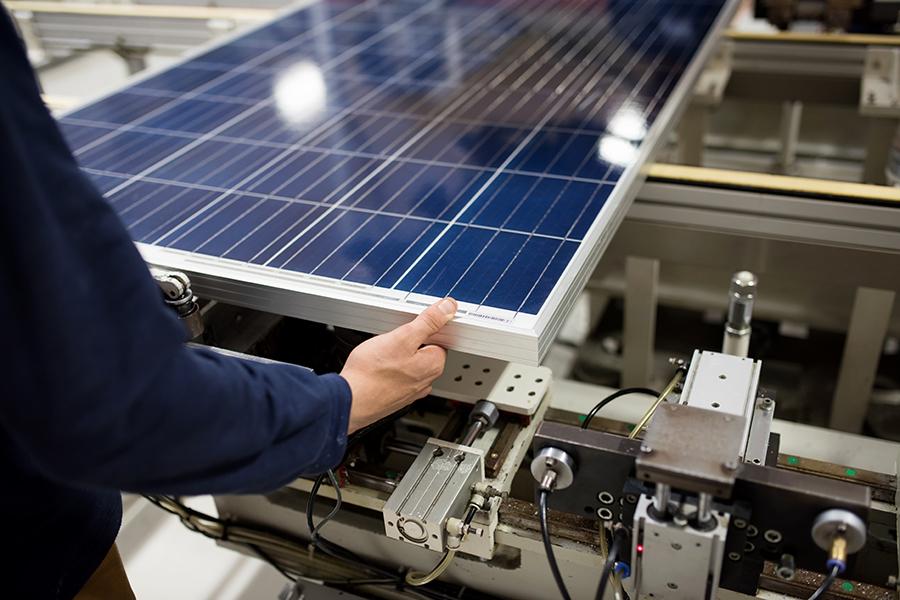Lessons from Covid-19: Energy security through indigenous manufacturing
The need of the hour is a comprehensive solar manufacturing policy, which brings manufacturers on equal footing with global counterparts, in terms of incentives
The global economy is witnessing a volatile situation, especially since supply chains across continents were heavily dependent on China. Global manufacturing companies have already started looking for alternative destinations to set up manufacturing facilities to de-risk themselves. Once the world gets past this pandemic, global supply chains are bound to realign.
India is very well placed to capture this opportunity if it provides sufficient policy support to manufacturers. This article is an attempt to highlight the role of solar manufacturing industry in the realigned supply chain, and policy support required to boost indigenous solar manufacturing in India.
The solar dream vs reality
In line with the Paris Agreement (COP21), India is planning to deploy 100 GW of solar power projects by 2022 through the National Solar Mission. India has already installed around 35 GW of solar projects; however, 85-90 percent of this deployment is based on imported solar cells and modules, defeating the whole purpose of reaching energy security. The installed capacity for the production of solar modules, which are produced by assembling solar cells, is 9 GW. However, a large part of this installed capacity remains underutilised as indigenous manufacturers have cost disadvantage as compared to their Chinese counterparts.
Manufacturing operations in China were disrupted since the outbreak of Covid-19 in China, and supply of solar equipment came to a standstill, with no vertically integrated solar manufacturing plants located in India, solar deployment came to a standstill. As we are going through this crisis, we should reinvent our manufacturing policy in a manner to boost solar manufacturing in India.
Reviving Make in India
Solar manufacturing in India can be incentivised by providing an incentive of 25-30 percent on capital expenditure on plant, machinery, equipment, associated utilities and technology, The cost of capital is on a higher side in India, and the government should provide five percent interest subvention. Brazil provides capital on a discounted rate on manufacturing facilities engaged in export through a special agency called FINAME. India can also plan interest subvention through an agency such as REC or PFC.
Currently, there is only two percent export incentive available; this could be increased to eight percent. Domestic manufacturing industry needs support in terms of cheap input cost such as electricity at low tariffs, and incentives to upgrade technology through Technology Upgradation Fund (TUF).
MNRE, which is the nodal ministry for solar manufacturing, floated the Draft Solar Manufacturing Policy in December 2017. Unfortunately, there has been no development on this front since then.
The solution is clear
The need of the hour is a comprehensive solar manufacturing policy, which brings manufacturers on equal footing with global counterparts in terms of incentives. We need an ecosystem that incentives end-to-end manufacturing, in order to promote and boost a self-sustaining industry.
India is well on its track to achieve its Solar Deployment targets by 2022. However, the question we need to ask ourselves is if we want to achieve these targets based on imported raw material, or through indigenously manufactured products. If it is the latter, we need to do something right now to promote manufacturing in India.
The writer is MD and CEO of Vikram Solar
The thoughts and opinions shared here are of the author.
Check out our end of season subscription discounts with a Moneycontrol pro subscription absolutely free. Use code EOSO2021. Click here for details.

